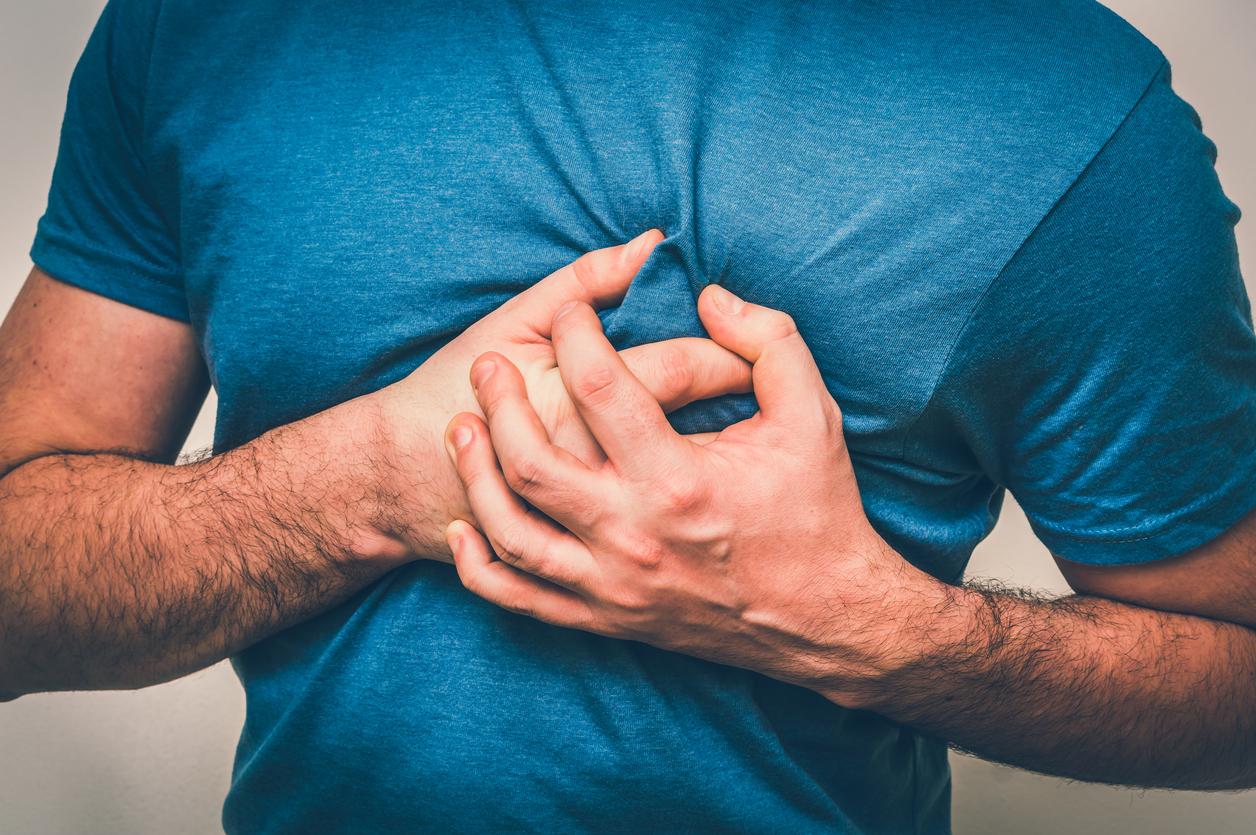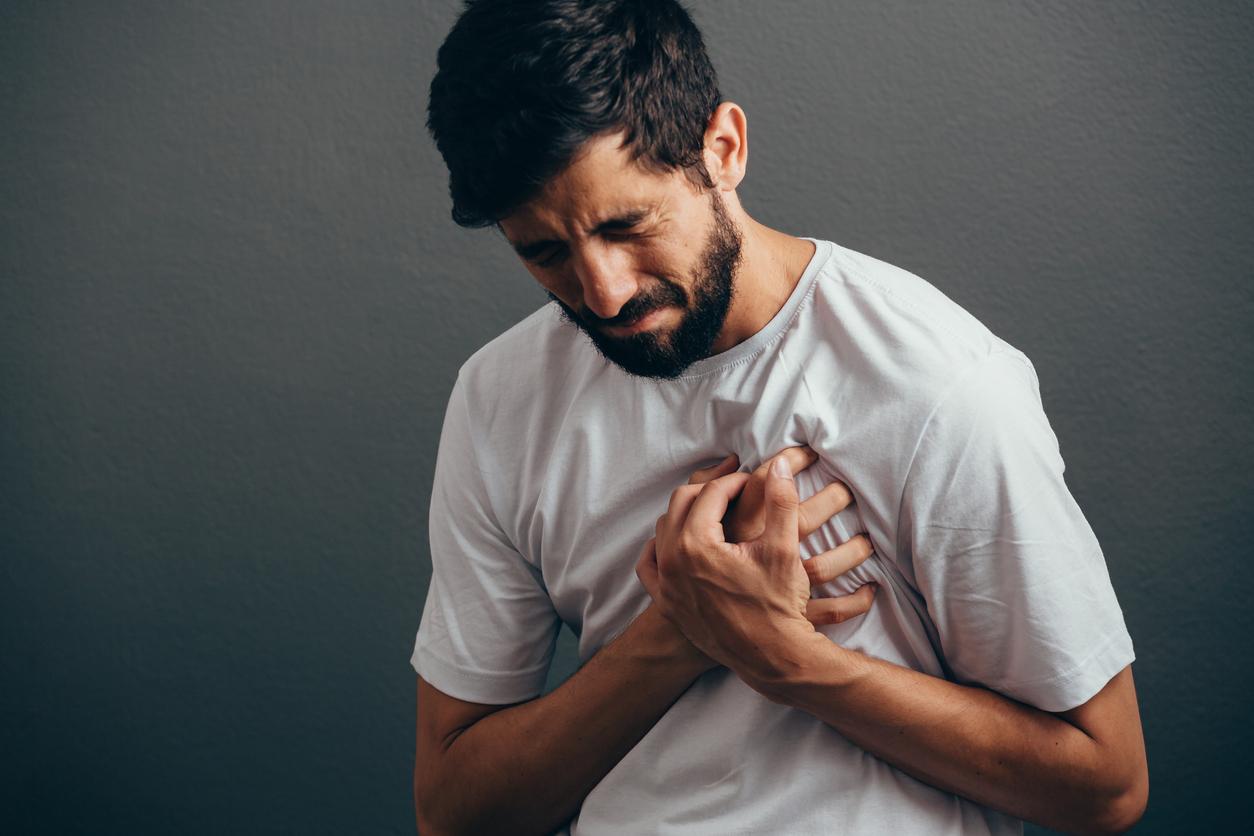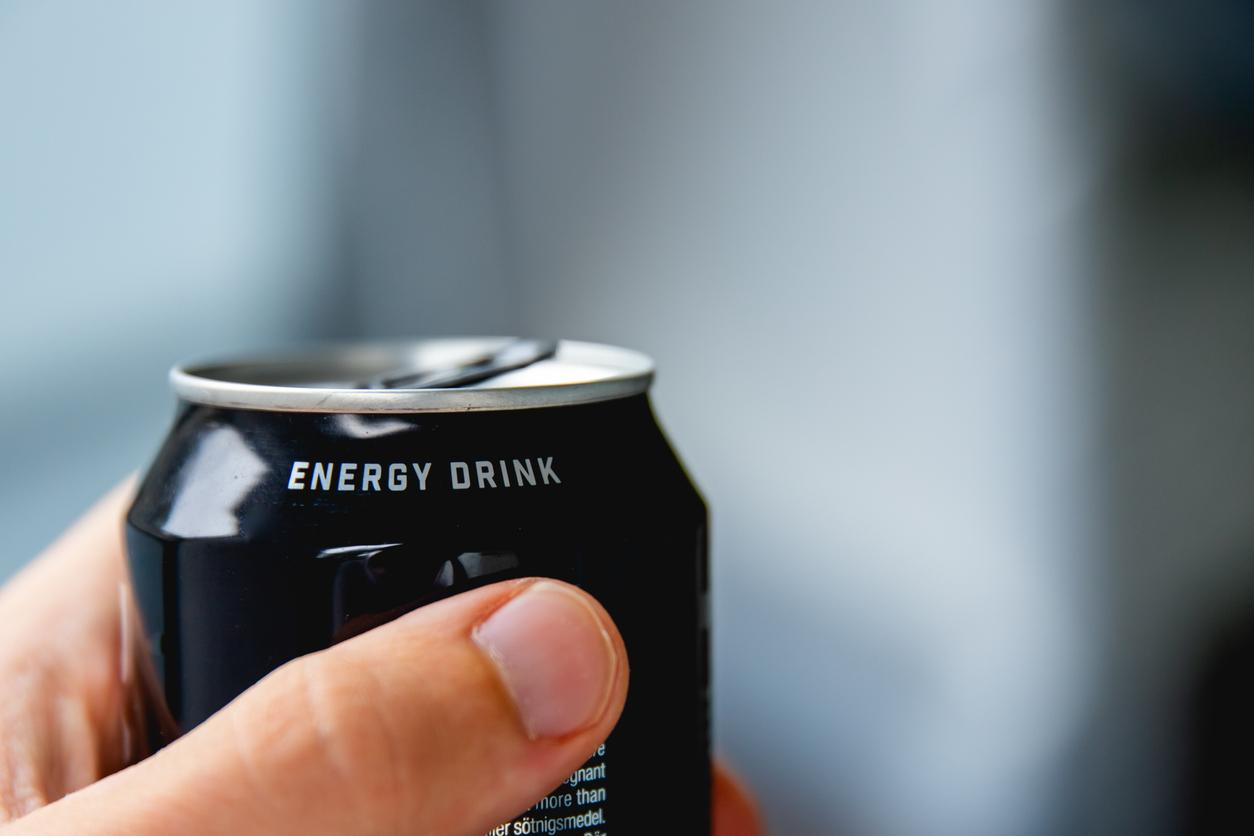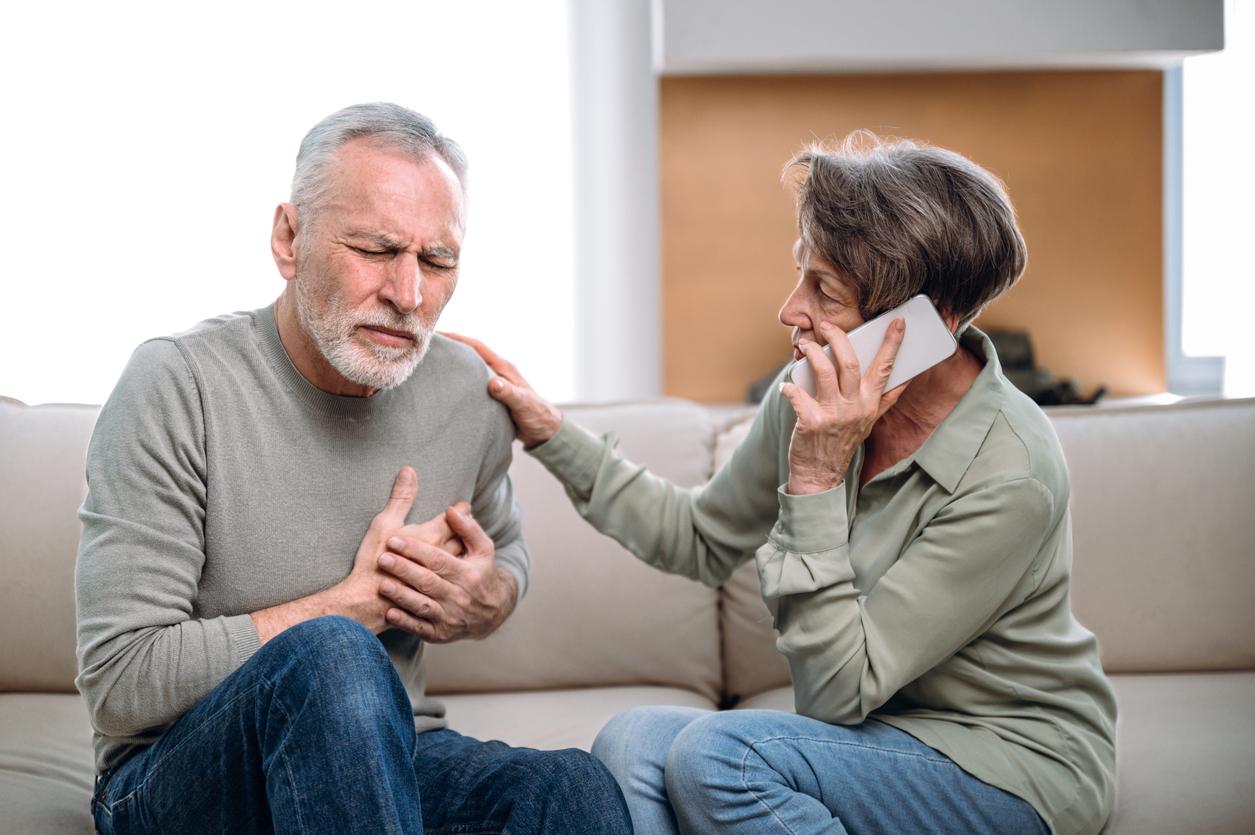For several years, the energy drink market has experienced constant growth in France and the United States.

- As in the United States, the energy drink market is booming in France.
- Besides caffeine, most of these products contain other stimulant ingredients such as taurine, guarana, and glucuronolactone.
- Energy drinks could potentially trigger “fatal arrhythmias” in patients with genetic heart diseases, according to US doctors.
Doctors living in the United States have just sounded the alarm: according to them, energy drinks can potentially trigger “fatal arrhythmias” in patients with genetic heart diseases.
To achieve this conclusiondoctors analyzed a cohort of 144 people who had survived cardiac arrest. Among them, seven (5%) reported having consumed one or more energy drinks shortly before the tragedy.
“The energy drink market in the United States has been growing steadily in recent years, which has raised concerns about their effects. Since energy drinks are not regulated by the Food and Drug Administration (FDA), it is essential to study the impact of these products on our patients,” explains study director Michael J. Ackerman, also a cardiologist at the Mayo Clinic.
Energy drinks contain between 80 mg and 300 mg of caffeine per can, compared to 100 mg in an average cup of coffee. In addition to caffeine, most of these products contain other stimulant ingredients such as taurine, guarana, and glucuronolactone.
Energy drinks: “We would be remiss if we did not sound the alarm”
Dr. Michael J. Ackerman explains: “Although there appears to be a temporal relationship between energy drinks and sudden cardiac arrest in the seven patients we examined, their consumption most likely combined with other variables to cause sudden cardiac arrest. Examples include lack of sleep, dehydration, diet, fasting, medications, or postpartum.”
“My team and the group at Mayo Clinic are well aware that there is no definitive evidence that energy drinks actually cause life-threatening arrhythmias and that more data are needed, but we would be remiss if we did not sound the alarm,” he judges at the end of his investigation.
Dr. Michael J. Ackerman concludes: “Although the relative risk is low and the absolute risk of sudden death after consuming an energy drink is even lower, patients with high blood pressure and type 2 diabetes are not safe from a heart attack when they drink these types of products.”
Energy drinks: what do the French authorities recommend?
As in the United States, the energy drink market is booming in France, with an annual turnover of almost 200 million euros and growth of 7% in 2023.
Around 32% of French people who drink energy drinks consume them on festive occasions (bars, nightclubs, concerts), 41% in connection with a sporting activity and 16% mixed with alcohol.
The DGCCRF reminds us that consuming caffeine beyond 400 mg per day can cause palpitations, tachycardia, tremors, anxiety or even sleep disorders. “With regard to taurine and glucuronolactone, no proven danger has been demonstrated at the proposed doses”we can read on his website.
Anses reports for its part that “the joint consumption of so-called energy drinks and alcohol promotes risky situations due to an overestimation by the person of their abilities, which can lead them to continue their alcohol consumption and increase risk-taking.”

















